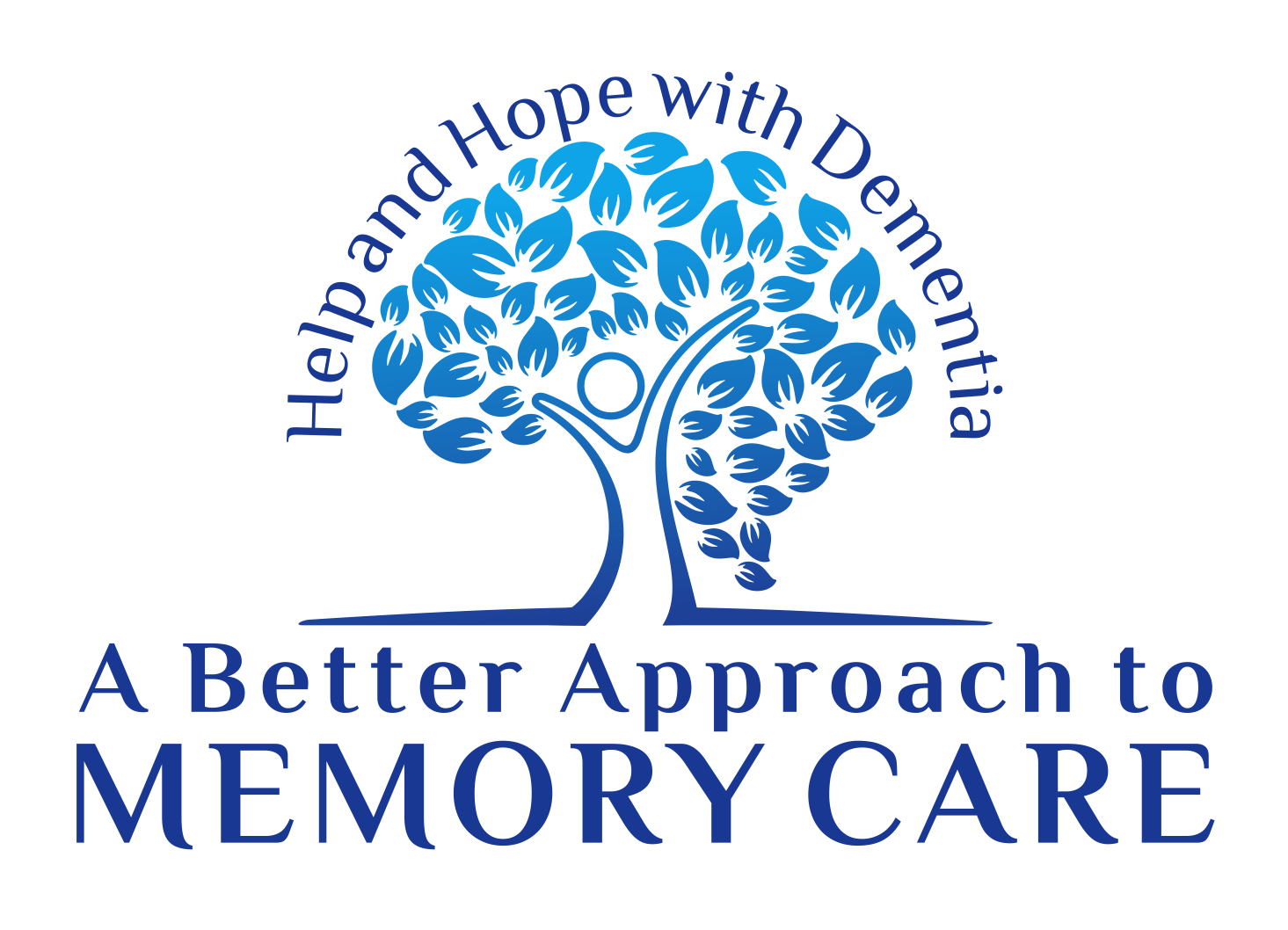#EP28: Dementia Care Tips for First Responders
Hey CarePartners! Are you aware that First Responders are Amazing! Police, Fire, EMS and More, all wired to run towards danger for the greater good of people. It is a challenging career with ever changing daily activities, responsibilities and experiences that range from routine to out of this world. Many of you may have great experience caring for individuals with memory loss but I too thought I understood dementia only to get rudely awakened to my inexperience when my own mother threw me out of the house. I was surprised and hurt by her unexpected anger but determined that day to find out why people living with Dementia do what they do! If we start with some pictures of possible emergency scenarios that you might encounter, many of you can immediately explain what you do next. There is a car on fire, a man holding his chest or the very pregnant woman who appears to be in great distress. Your training and experience will direct you on what to do next just like mine did when I worked in the level three Trauma Center in my twenties. I don't claim to know your job but I knew what to do once you brought them to me at the Trauma Center.
The challenge comes with the picture of the woman who doesn't seem to have any problems at all. She appears to be a sweet elderly woman with a grandbaby on her lap, but let's look a little closer. Can you see the Dementia? No? Well she actually is mid stage with her journey with dementia and can become very demanding if you push the wrong buttons. That is where we struggle. We need to be better detectives with skills to join them on the journey and make sure we are not part of the problem when working with these individuals. Next, we will review some of the more common symptoms of Dementia and how you can respond. Probably the most important tip I can give you today is to be aware of Anosognosia. This is a term that changed everything about my care for my Mom and I need to credit Teepa Snow with Positive Approach to Care for this education. Anosognosia is the Inability for a person to see their own brain deficit. We described how it affects people living with BiPolar Disorder or Schizophrenia but the greatest revelation for me was learning it can develop in 50% of people living with a Dementia. It is important to understand that some people living with dementia have awareness of their diagnosis and are usually sad, tearful and maybe even fearful about their disease. Others with Anosognosia have no awareness of this problem and as a matter of fact it is always your problem. They are paranoid, suspicious, never wrong, always right but always the victim. These can be a no win situation without training and this is when they call for help from First Responders or from me to sort out why they do what they do. We are dealing with a person with no logic so no amount of explaining will suffice. Hit the Pause Button and realize that what works is to Validate their position, De-Escalate the energy in the room THEN we can redirect them emotionally or physically to a happy place. We need to allow them to think they are right even when they are wrong and ask them to help us if possible to get them to do something. Sounds counterintuitive but it works. Better Ways to Communicate When You Recognize Anosognosia: Always approach from the front, imagine they are wearing a scuba mask as most people with Dementia lose peripheral vision. Don't Rush them and use fewer words. Extend a Hand and Ask them for Help. Join them on the journey.
Watch the full episode below
You can also click the link below to listen on Spotify
Teresa Rapp Youngstrom
Dementia Specialist
Teresa is a Seasoned Registered Nurse with more than 38 years of clinical and leadership experience. Diverse core competencies including Emergency and Trauma, Labor and Delivery, OR, ICU, Medical Surgical, Rehab, Hospice, Home Care, IV and Dementia Specialist, Private Duty Care, Marketer, Assisted Living and Memory Care Director, Staff Trainer, Speaker, Consultant and CE Provider. Her compassion for people living with Dementia is evident as soon as you meet her. She will provide your organization or family with excellent insight and care.
Please subscribe to us on all platforms
Spotify: https://open.spotify.com/show/78w36us...
YouTube: https://www.youtube.com/@teresayoungs...
LinkedIn: https://www.linkedin.com/in/teresayou...
Twitter: https://twitter.com/better_approach
For more videos visit our Vimeo Page https://vimeo.com/user121741900
Click Here to schedule a Consultation https://carepartnersupport.as.me/sche... Click Here for our Staff Training Trailer Video • A Better Approach...



